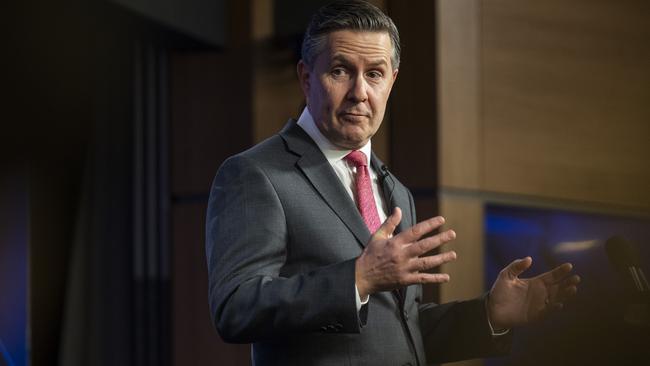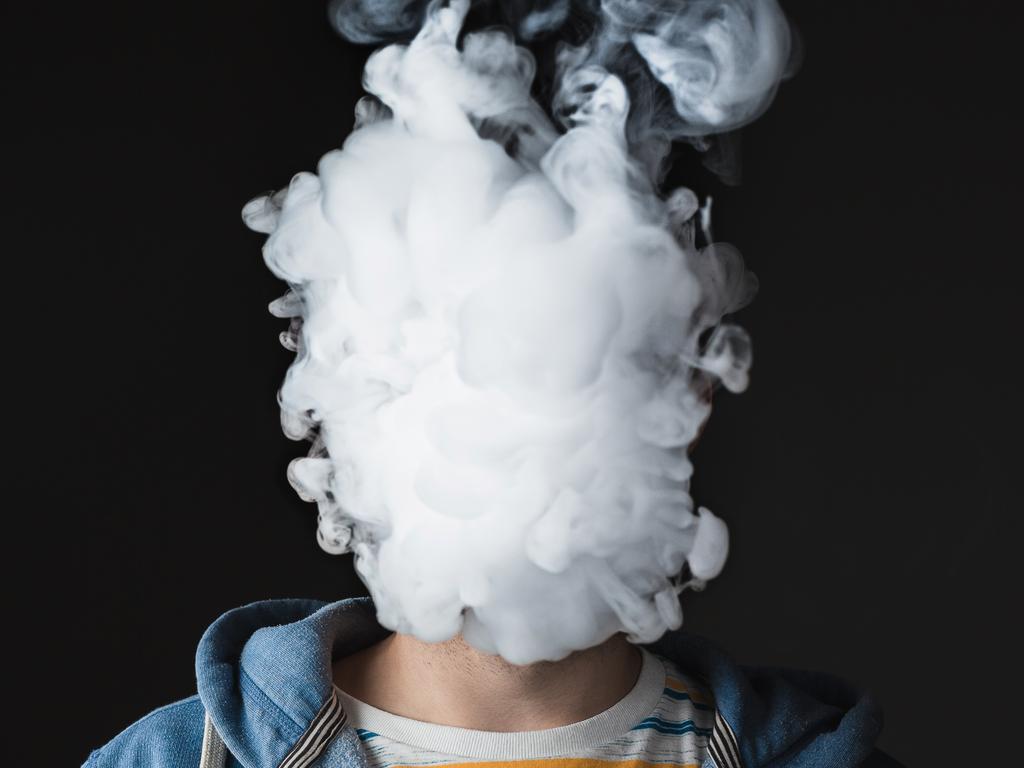Mark Butler’s cigarette and vaping crackdown: It’s a greater good if tax gains go up in smoke


In 2016, the Coalition put a 12.5 per cent tax on smokes over four years, raising the price of a pack to more than $40. This was a significant incentive for many people to quit.
Prior to that, the former Labor government’s plain packaging laws sought to scare and shame people out of the habit.
Libertarians were outraged. Former Liberal Democratic senator David Leyonhjelm labelled tobacco excise as a theft from “havers of good times”.
Yet both policies have had a demonstrable impact. And Butler’s tax will mean Australia now has among the highest priced ciggies in the world.
With inflation as it is now, putting the price of cigarettes up even further must surely have an effect.
The smoking rates between 2011 and 2021 in Australia dropped sharply across most age groups, with the exception of those 55-64 years and 65 years and over.
The number of 18 to 24-year-olds smoking daily more than halved, as did those aged 15 to 17 years, with the number of young people not smoking increasing to 96.8 per cent.
The problem has been vaping, which is now disturbingly popular among that group that has shunned smoking. And the evidence suggest that vaping is now getting those 15 to 24-year-olds to upgrade and become hooked on cigarettes.
In taking on vaping at the same time as hiking tobacco tax, Butler is out to destroy the industry.
The policy is a political no-brainer, yet it is not going to be popular among some … primarily among one of Labor’s key constituencies and those who can least afford a price rise to a daily habit.
ABS data shows the highest smoking rates were experienced by those on the lowest incomes, with those who lived in the lowest socio-economic areas being three times more likely to smoke daily. Yet even among this group, smoking rates fell from 23.4 per cent in 2011-12 to 16.1 per cent in 2021-22.
The obvious contradictory budget logic behind announcing revenue gains from tobacco tax is that if the intention of the policy works, then the revenue gains for the budget fail to materialise.
But this is not the point. Unrealised future tax gains would presumably be a good thing in this context.





Mark Butler’s war on smoking is a multi-targeted attack on an industry Labor believes has been getting away with a great deception since the last big whack on tobacco almost a decade ago.